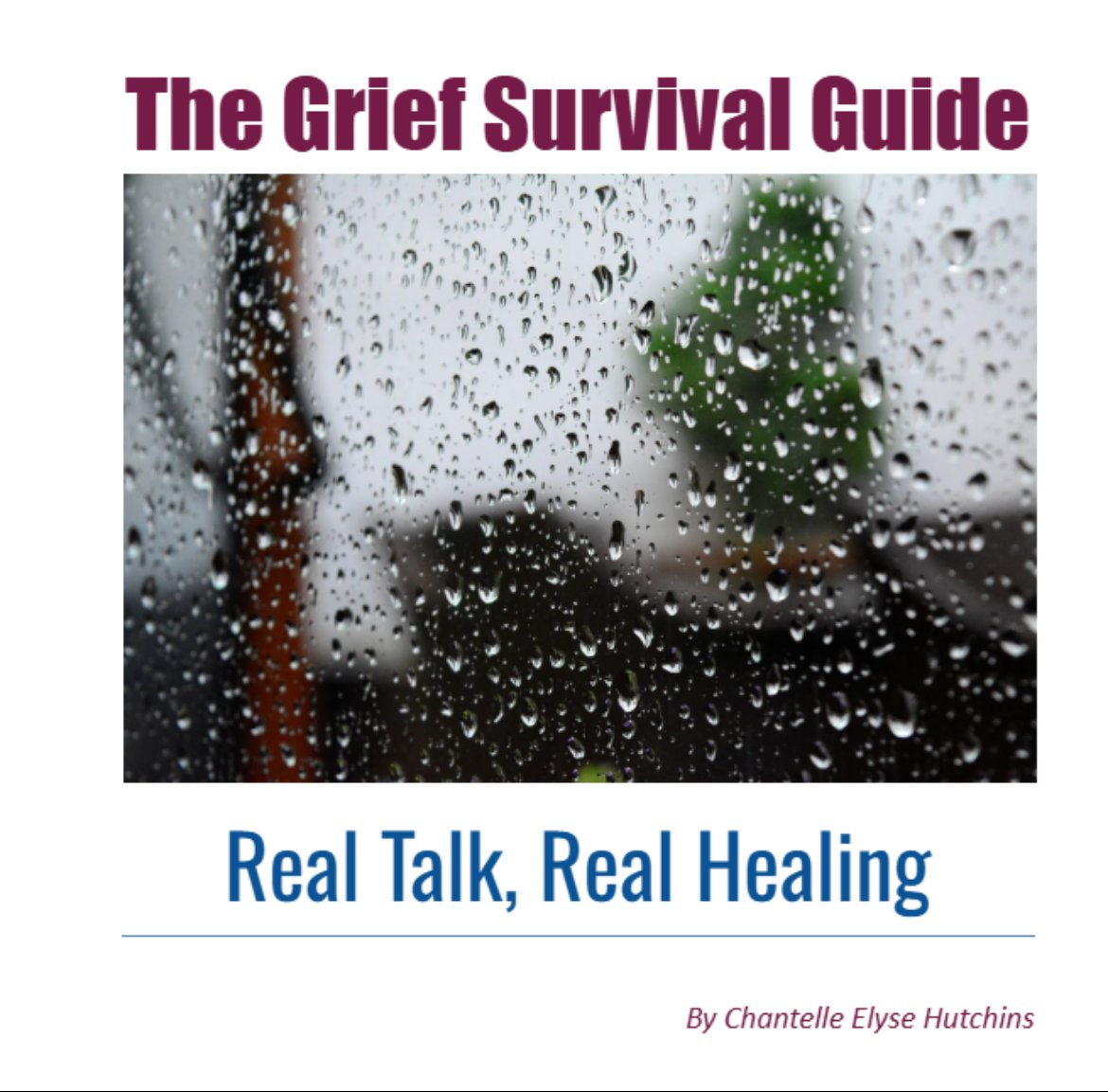- Blue Church Book
- Posts
- The Most Underrated Way to Strengthen Your Faith and Focus
The Most Underrated Way to Strengthen Your Faith and Focus
The Most Underrated Way to Strengthen Your Faith and Focus
In a world filled with distractions, stress, and mental fatigue, many Christian professionals struggle to maintain spiritual focus. Meetings, deadlines, and constant digital noise can leave little time for meaningful prayer and reflection. But what if an ancient practice, often overlooked, could help restore clarity, deepen faith, and even improve mental resilience?
Prostrations—full-body bows used in prayer—are one of the most underrated ways to reconnect with God, develop humility, and rewire the brain for spiritual and mental discipline. While often associated with monastic life, this practice has deep roots in Scripture and provides measurable benefits for modern professionals.
A Biblical Practice with Scientific Backing
Throughout the Bible, we see God’s people physically bowing before Him as an act of worship and surrender. In Daniel 6:10, Daniel knelt in prayer despite the king’s decree. Psalm 95:6 calls us to “kneel before the Lord our Maker.” Even Jesus, in the Garden of Gethsemane, “fell on His face and prayed” (Matthew 26:39).
But beyond its spiritual significance, prostration impacts the body and mind in ways that modern science is beginning to understand. Studies on physical movement in prayer, such as those on Muslim and Christian traditions, indicate that kneeling and bowing engage the parasympathetic nervous system, reducing stress and promoting mental clarity. The simple act of lowering oneself in humility can help regulate emotions and reinforce a sense of peace.
How This Ancient Practice Benefits Modern Professionals
For professionals overwhelmed by work, integrating prostrations into daily prayer can offer:
Stress Relief – Physically lowering the body while praying helps slow the heart rate and activate the relaxation response. This counters the effects of chronic stress caused by high-pressure jobs.
Mental Clarity – Movement-based prayer practices can improve focus and discipline, helping Christians maintain spiritual and professional direction.
Spiritual Resilience – Humbling oneself before God through physical prayer builds inner strength, making it easier to handle workplace challenges with grace.
Restored Sense of Purpose – Regularly practicing full-body prayer deepens one’s awareness of God’s presence, countering the feeling of aimlessness many professionals experience.
When and How to Incorporate Prostrations
While often associated with monastic life, prostrations appear in many traditional Christian prayer services, especially during penitential seasons like Lent. These include:
Great Compline & The Prayer of St. Ephraim – A powerful way to end the day with humility and repentance.
Lenten Hours & The Presanctified Liturgy – Integrating prostrations during these services reinforces self-discipline.
Morning & Evening Prayer – A personal rule of prayer incorporating full prostrations can transform daily devotions.
Times of Decision & Trial – Jesus Himself prostrated in Gethsemane before facing the Cross. Physically bowing in prayer during difficult moments strengthens faith.
The Invitation to Go Deeper
In an era where faith can feel compartmentalized—separate from work, health, and daily responsibilities—bringing physical movement into prayer restores a holistic connection with God. Prostrations teach the soul what words often fail to express: complete surrender, gratitude, and trust.
If your prayer life feels stagnant or your work drains your spiritual energy, consider incorporating this ancient practice. Kneel. Bow. Surrender. And in doing so, you may find not only renewed faith but a sharper mind and a more peaceful heart.
